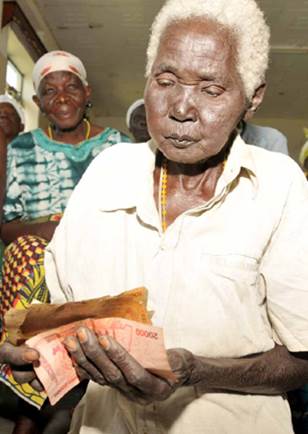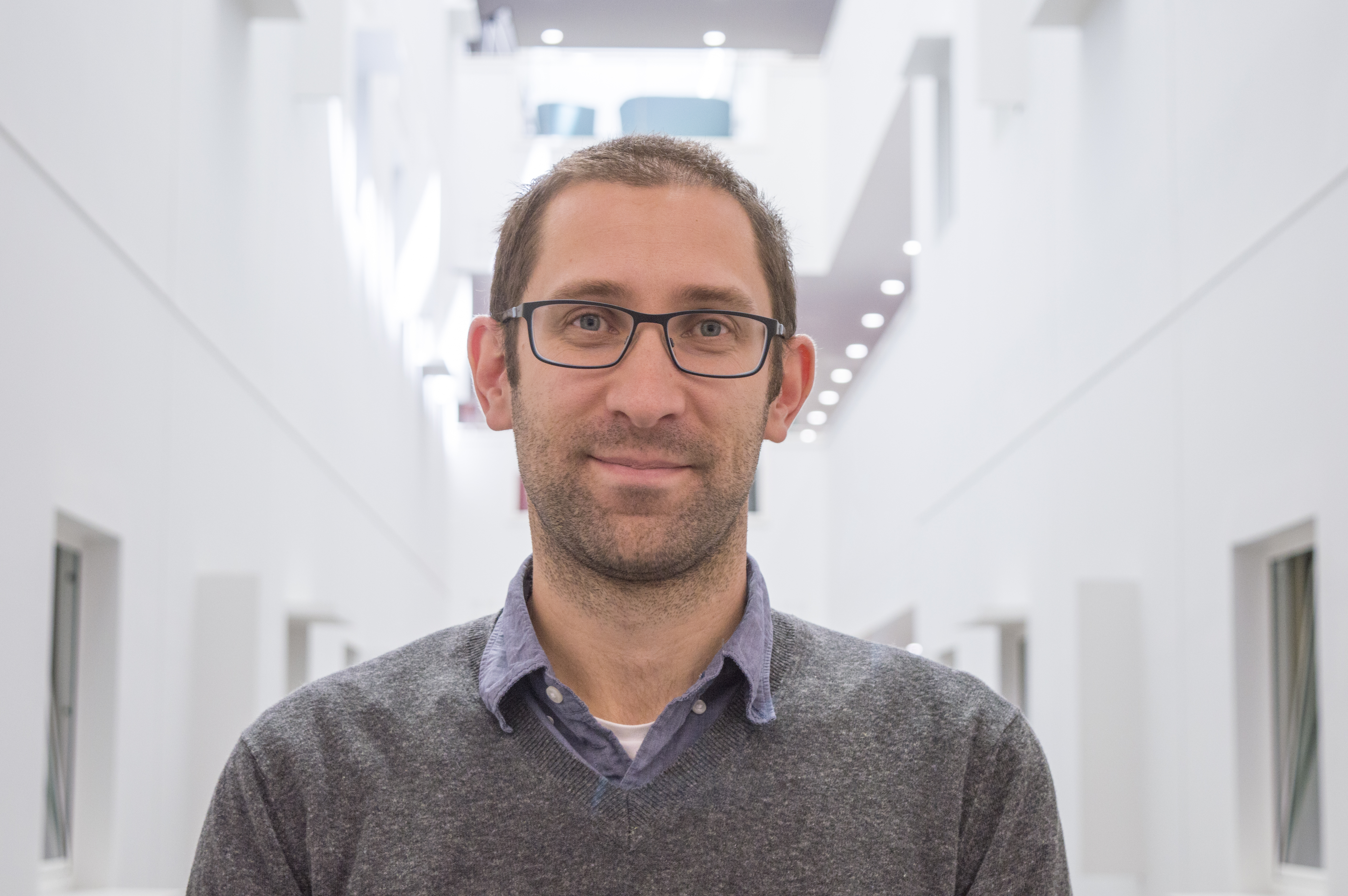Researching the politics of development
Blog

Covid-19 and the Politics of Social Protection
11 May 2020
Tom Lavers
Social protection has already and will continue to be key to the response to Covid-19. ESID has been conducting research on the politics of social protection in Africa and South Asia over the past five years. Here, leading expert on social protection, Tom Lavers, reflects on some of the political fault-lines of debates on social transfers in the short and long-term.
The initial response to Covid-19 in many countries has been to expand social protection, primarily to economically support those affected by containment measures and the growing economic crisis. This has happened to varying degrees in the welfare states of the OECD and, increasingly, also in many developing countries.
In many developing countries, the expansion of provision has entailed a push for broader coverage of social transfers, both for those directly affected by the disease and those suffering lost income as a result of social distancing. In addition, many existing programmes have increased the support that they provide or advanced planned payments. As social distancing becomes the norm, programmes have also been forced to re-think the conditions upon which social transfers are often based—notably school attendance in the case of conditional cash transfers and work requirements in public works schemes. Though experience varies considerably and reforms are often insufficient and temporary, the current trend is for social protection to cover more people and ask less of them in return. This initial response goes sharply against the norm for social transfer schemes of recent decades in developing countries, which have been shaped by fears of welfare dependency and fiscal conservatism. For the most part, these schemes have been narrowly targeted to ‘the poorest of the poor’ and require participants to meet a range of behavioural and/or work conditions to qualify. Moreover, many programmes have explicitly excluded working age adults who have been expected to support themselves whatever the circumstances, while focusing exclusively on the most vulnerable demographic groups—notably children and the elderly.
This initial response goes sharply against the norm for social transfer schemes of recent decades in developing countries, which have been shaped by fears of welfare dependency and fiscal conservatism. For the most part, these schemes have been narrowly targeted to ‘the poorest of the poor’ and require participants to meet a range of behavioural and/or work conditions to qualify. Moreover, many programmes have explicitly excluded working age adults who have been expected to support themselves whatever the circumstances, while focusing exclusively on the most vulnerable demographic groups—notably children and the elderly.
In response to the crisis, states in parts of Asia, Latin America and, to a lesser degree, Africa, have taken action to provide support to those who have lost employment and informal sector workers restricted from economic activity. This suggests something of a change in the expectations placed on state social protection from merely alleviating the problems of the ‘poorest of the poor’ to taking some responsibility for all citizens facing economic shocks.
Yet significant challenges face those seeking to build on existing social protection provision to muster a coherent response. Three challenges stand out:
First, inevitably is finance. Many countries were struggling with debt burdens long before Coronavirus appeared on the scene. Now with the economic crisis accompanying the pandemic, governments are under ever-greater pressure both to expand social protection spending, keep business afloat but also to protect investment in priority areas.
Second, the new demands placed on social protection challenges the deep-rooted ideational commitments to existing forms of provision both among donor agencies and national governments. The present moment requires much more than merely targeting the poorest of the poor through limited existing programmes.
Third, and often under-appreciated, this expansion of social protection will place major burdens on states to register large numbers of people and deliver support to them. Most existing programmes only cover a small slice of the population considered the poorest of the poor. The fact is that many countries simply do not have sufficient information about large sections of their populations to be able to register them for support, much less to target those most in need.
Ongoing ESID research clearly highlights the variation of state capacity to implement social transfers within and between countries (the first papers on Afar and Oromiya in Ethiopia have just been published, to be followed shortly by many others – Bangladesh, Ethiopia, Ghana, Kenya, Nepal, Rwanda. While existing social transfer programmes may provide the starting point for expansion, identification of who to support will be a significant challenge.
These are some of the short-term challenges. Yet, the current crisis will also directly affect the longer-term future of social protection. History is replete with examples of major crises that have led to new forms and major expansions of provision, including the New Deal that arose out of the Great Depression and the emergence of the welfare state after the Second World War. Likewise, ESID research has found that distributional crises, albeit on a smaller scale, helped accelerate the institutionalisation of social transfer programmes in African countries including Ethiopia, Mozambique and Rwanda.
There is indeed the possibility that the legacy of Covid-19 will be an expansion of provision and, perhaps, a move beyond the limited forms of social protection that have been prioritised to date. Yet this silver lining is far from inevitable. As the health crisis—hopefully—begins to subside over time, the damage of the economic crisis will become clear. Current moves to extend provision by donors and governments should not be seen as a permanent turn away from the limited forms of social protection pursued to date and the ideological commitments that underpinned them. Indeed, the economic crisis will, in time, inevitably lead to a resumption of calls for austerity and cuts to social protection. The future of social protection will, ultimately, be a political battle between the pressure to return to it as an option of last resort and the more expansive possibilities suggested by the response so far, with states taking greater responsibility for the welfare of their citizens.

